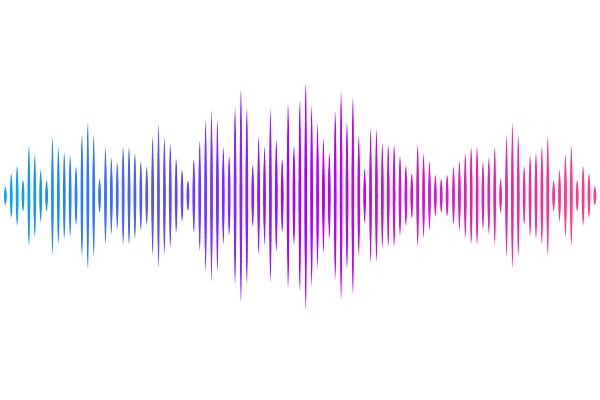Detecting and characterising the magnetic field of exoplanets

Detecting and characterising the magnetic field of exoplanets
A. Strugarek, S. V. Berdyugina, V. Bourrier, J. A. Caballero, J. J. Chebly, R. Fares, A. Fludra, L. Fossati, A. García Muñoz, L. Gkouvelis, C. Gourvès, J. L. Grenfell, R. D. Kavanagh, K. G. Kislyakova, L. Lamy, A. F. Lanza, C. Moutou, D. Nandy, C. Neiner, A. Oklopčić, A. Paul, V. Réville, D. Rodgers-Lee, E. L. Shkolnik, J. D. Turner, A. A. Vidotto, F. Yang, P. Zarka
AbstractMagnetic fields play a crucial role in planetary evolution and habitability. While the intrinsic magnetic fields of solar system planets are relatively well understood, the magnetic properties of exoplanets remain largely unconstrained, despite their potential ubiquity. Detecting exoplanetary magnetic fields is essential to advancing our understanding of planetary habitability beyond the solar system. This paper focuses on two promising spectropolarimetric techniques for detecting magnetic fields in hot exoplanets: direct detection through polarization signatures in the He I 1083 nm triplet and indirect detection via star-planet magnetic interactions manifesting as stellar hot spots. The direct method is particularly suited to close-in gas giants, leveraging the Hanle and Zeeman effects to detect low-amplitude magnetic fields. The indirect method can apply to both giant and low-mass planets by identifying magnetic connectivity-induced features in the stellar atmosphere. Although the interpretation of current detections remain tentative, upcoming high-resolution spectropolarimetric capabilities in the UV and near-infrared, particularly with future missions like HWO, promise to enable definitive measurements of exoplanetary magnetic fields. These advancements will open new avenues for probing the magnetic environments of exoplanets and their implications for atmospheric retention and habitability.